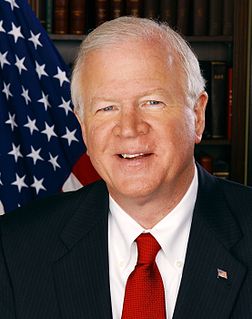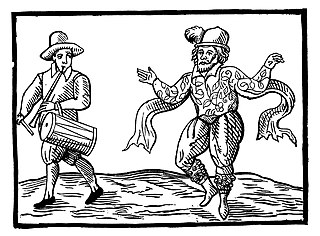A Quote by Whitfield Diffie
I certainly enjoy going on stage and lecturing and talking to Congress. That's a personality explanation. And given government proposals, I thought I had a clear view that they were antagonistic to human freedom.
Related Quotes
Let me make it clear that I do not assert that a President and the Congress must on all points agree with each other at all times. Many times in history there has been complete disagreement between the two branches of the Government, and in these disagreements sometimes the Congress has won and sometimes the President has won. But during the Administration of the present President we have had neither agreement nor a clear-cut battle.
For me, the ages between 9 and 12 were great because it was before you wore any masks, and you had some autonomy in the world. You had some freedom, and you felt you had unlimited ambition. It's when you thought, 'I'm going to write plays. I'm going to be president. I'm going to do this; I'm going to do that.' And then it all falls apart.
At WSX the message was loud and clear consistently, even as a rookie signing a contract and kind of talking about things and getting into the nitty-gritty details. I felt like I was always given a lot of respect and in fact sometimes I thought they were almost tooting my own horn too loud I thought it was almost silly.
"Freedom" is probably the word he said more than any other. He used the word freedom constantly. I think for some his frequent calls for freedom became a cliché because he did it so often. They didn't get it, but Reagan certainly did. He thought deeply about the relationship between God and human freedom and the nonrelationship between atheistic communism and that freedom.
In the Orient the ultimate divine mystery is sought beyond all human categories of thought and feeling, beyond names and forms, and absolutely beyond any such concept as of a merciful or wrathful personality, chooser of one people over another, comforter of folk who pray, and destroyer of those who do not. Such anthropomorphic attributions of human sentiments and thoughts to a mystery beyond thought is-from the point of view of Indian thought-a style of religion for children.
Certainly, when it comes to my profession as a journalist, that allows the government to trace what you're reporting, who you're talking to, and where you've been. So no matter whether or not I have a commitment to protect my sources, the government may still have information that might allow them to identify whom I'm talking to.
More importantly, the Court forgets that ours is a government of laws and not of men. That means we are governed by the terms of our laws, not by the unenacted will of our lawmakers. 'If Congress enacted into law something different from what it intended, then it should amend the statute to conform to its intent.' In the meantime, this Court 'has no roving license ... to disregard clear language simply on the view that ... Congress 'must have intended' something broader.





































